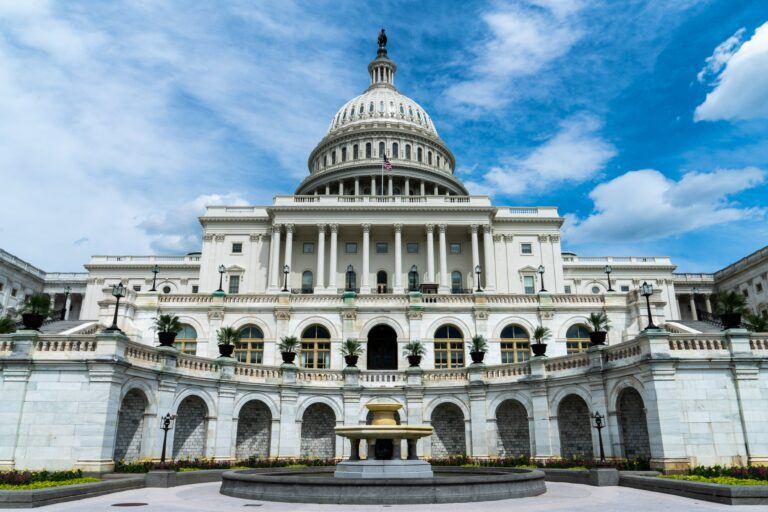On Thursday (20 December 2018), U.S. congressmen Warren Davidson (OH-08) and Darren Soto (FL-09) introduced the bipartisan bill “Token Taxonomy Act of 2018” (H.R. 7356) in order to “provide light-touch regulatory certainty for businesses, entrepreneurs, and regulators in the blockchain economy.”
H.R. 7356 is “the product of months long collaboration” following the bipartisan roundtable hosted on 25 September 2018 by Congressman Warren Davidson in Washington, DC on how cryptocurrencies should be regulated; as CryptoGlobe previously reported, this was attended by around 50 representatives from Wall Street, venture capital firms, and the crypto industry. It was there that Congressmen Darren Soto, Ted Budd (R-NC), and Tom Emmer (R-MN) “united in a commitment with other panel participants and stakeholders to provide the legislative certainty innovation needs to flourish in the U.S.”
Aims of the Token Taxonomy Act
This piece of bipartisan legislation has the following main goals:
- “to amend the Securities Act of 1933 and the Securities Exchange Act of 1934 to exclude digital tokens from the definition of a security”;
- “to direct the Securities and Exchange Commission to enact certain regulatory changes regarding digital units secured through public key cryptography”;
- “to adjust taxation of virtual currencies held in individual retirement accounts;
- “to create a tax exemption for exchanges of one virtual currency for another”;
- “to create a de minimis exemption from taxation for gains realized from the sale or exchange of virtual currency for other than cash, and for other purposes”.
According to the joint press release by the two congressmen, this legislation “clarifies that securities laws do not apply to companies that use blockchain once they reach their goal of becoming a functional network”, and the implementation of “this fix will stop fraud from spreading and provide the certainty innovation needs to flourish.”
Congressman Warren Davidson
“This bill clarifies a 1946 court case that the SEC has been using to determine what a security is and effectively makes it clear that the finished product (or oranges as it relates to the Howey Test) is no longer a security.”
“Providing this much needed certainty frees the SEC to perform its vital and much needed consumer protection duties of enforcement on those who have engaged in securities fraud by making false claims or simply attempting to engage in regulatory arbitrage to circumvent securities law.”
“This bill provides the certainty American markets need to compete with Singapore, Switzerland, and others who are aggressively growing their blockchain economies. To be certain, there will be other regulatory initiatives at some point, but this legislation is an essential first step to keeping this market alive in the United States.”
“In the early days of the internet, Congress passed legislation that provided certainty and resisted the temptation to over-regulate the market. Our intent is to achieve a similar win for America’s economy and for American leadership in this innovative space.”
Congressman Darren Soto
“While this legislation is a great first step, we are looking for feedback. The Federal Trade Commission (FTC) has a history of policing web services, while the Commodities Futures Trading Commission (CFTC) has authority over commodity derivatives. To what extent does the jurisdiction of the FTC apply to digital tokens? Can we address this issue in this legislation or will we need subsequent legislation to effectively regulate this emerging sector?”
Reaction From Coin Center
Coin Center, which is based in Washington, D.C., is “the leading non-profit research and advocacy center focused on the public policy issues facing cryptocurrency and decentralized computing technologies like Bitcoin and Ethereum,” and its mission is to “build a better understanding of these technologies and to promote a regulatory climate that preserves the freedom to innovate using permissionless blockchain technologies.”
In a post published yesterday, Senior Research Fellow James Foust wrote:
“We are happy to see continued action from Congress to implement common-sense clarifications and adjustments to the regulatory treatment of cryptocurrencies. We are looking forward to continued engagement with policymakers on these issues to ensure that the fruits of cryptocurrency innovation are not lost to ill-considered policy.”
Featured Image Credit: Photo via Pexels.com









